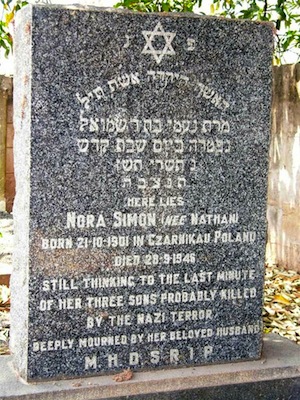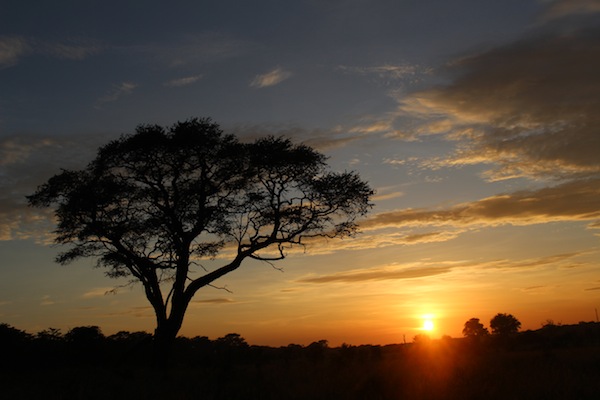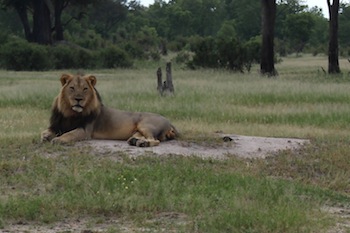The next novel up for discussion at the Jewish-Muslim women’s book group is The Red Tent.
One Sunday in July led to several new experiences for yours truly, a 23-year-old Jew living on Vancouver’s North Shore. For starters, it was my first time in a mosque, it was my first time in Delta and it was without a doubt my first Jewish-Muslim book gathering. Thankfully, it wasn’t my first time reading a book in less than 24 hours, as my decision to attend the gathering after seeing it mentioned in this very newspaper, was pretty spur of the moment.
The book group’s second-ever session was held at Baitur Rahman Mosque, a building that, upon first impressions, was slightly imposing – British Columbia’s largest mosque, dwarfing any synagogue I’ve come across – but which proved home to an incredible amount of warmth. The warmth began with smiles when I entered the room late – it was a longer journey than I expected – and continued through the entire two-hour session about the book (I Am Malala by Malala Yousafzai with Christina Lamb), and well into the snacks and chats afterwards.
Having been greeted by 30 or so women from both Jewish and Muslim backgrounds, there was the classic ice-breaker – going round in a circle, saying one’s name, a little bit about yourself and an interesting fact. I may not have been able to beat one woman’s fact (she used to be a stilt walker) but my relatively young age meant I stood out.
This lengthy introduction introduced me well to the thoughtful, kind group. In true Canadian spirit, they were from so many different places and cultures. The Muslim women in particular had a heartening appreciation for their country. One said she “liked Canada very much”; another one-upped her, exclaiming, “I am one of the luckiest people alive” for having been welcomed here. There’s no doubt that the women from both religions were of a progressive stance – the bulk of Jews was from egalitarian Or Shalom synagogue, while the Muslim women were part of the Ahmadiyya community, which has been persecuted relentlessly by more orthodox Muslim groups.
As conversation began about the book, it became clear that everyone was so lovely – was I the only person who hadn’t helped Syrian refugees settle in Canada? – that I began to wonder if the group was a case of “preaching to the converted.” Surely the people most ignorant, and most in need of education about other religions, weren’t the type who would turn up to this group? A cynic by nature, this worry stayed with me during the (fairly fleeting) discussions about the book and the (much longer) follow-up conversation about the link between religion and education, how and whether you can teach critical thinking, and other thought-provoking questions.
So, I reached out to the organizers from both sides. The email chains that followed gave me insight into two great communities and their prior interfaith ties, as well as into two pioneering women: Tiferet Welch from the Jewish community and Aisha Naveed from the Ahmadiyya Muslim Jama’at. They provided some strikingly similar answers to my questions, illustrating how much common ground can be found between the two religions (religions that, evidently, don’t always see eye to eye).
About why the book group came about, it seemed that the books were simply a way of facilitating discussion about religion itself. Welch said she decided to make the group happen after meeting some of the Muslim women, who “stated their knowledge of Judaism and, hence, Jews, was extremely limited,” but they were “fueled with a strong desire to know more.” Naveed said “the book club was initiated to remove common misconceptions between the Jewish and Islamic faith,” explaining to me how her community believes in interfaith dialogue to “encourage learning” and “prevent ignorance.”
The women were also on the same wavelength about the group’s future – Naveed called it “an organic venture” and Welch said “we want to see it progress organically.” They were both proud of what it had accomplished in such a short time: Naveed proclaimed it “a huge success,” while Welch described the discussions as “open” and “honest.”
And what did they have to say to my “preaching to the converted” angst? Naveed said that, because interfaith gatherings “are a form of open and safe space,” they mean you learn a great deal about one another. Welch said “there needs to be a distinction made between being open and being knowledgeable.” In layman’s terms: those who attend the group are open, but that doesn’t mean they’re knowledgeable, and the group aims to educate.
Welch also pointed out that, because the event is promoted, for instance, via Or Shalom’s electronic bulletin, geography is a non-issue. Theoretically, people all around the globe can subscribe to the group and see how progressive it is. And, she reminded me that, once this article is published, other Jews will know about it, and thus the group’s potential for change is increased.
With that in mind – how to sell the group to someone reading this? I’ll break it down, simply and honestly, into three points.
First off, the reading material is quality. The first session the group discussed the book Faithfully Feminist: Jewish, Christian and Muslim Feminists on Why We Stay, edited by Amy Levin, Gina Messina-Dysert and Jennifer Zobair. It led to a worthwhile discussion on how both religions are traditionally patriarchal, and what this has meant for female faith in male-dominated arenas. For me, having started off dubious about I Am Malala, the second session’s read proved a powerful one. The youngest-ever Nobel Peace Prize winner’s account is both humble and knowledgeable, a memoir that explains well the Taliban’s rise, Pakistan’s history and politics, and the monumental importance of educating girls.
Second, the discussions that stem from the books are as intelligent as they are interesting. The two-hour discussion flew by at the mosque – the only thing I can compare it to is a dream university seminar or tutorial; i.e. one not ruined by hung-over students unable even to blag the required reading. Participants were incredibly educated and respectful. We covered moral values and where they should be learned, we discussed the media’s portrayal of religion and our internal prejudices, and I gained a ton of insight into a religion that many of us could, and should, know more about. Their actual definition of jihad – as education; a clear rejection of terrorism – which hung proudly in the room, struck me as particularly vital in this day and age.
Third, the post-discussion food is fantastic. The informal portion of the event, where we stood eating (delicious snacks) and chatting, was where we all connected more personally and more deeply. I found out what it’s like to be judged immediately and constantly for wearing a hijab, and how it feels to be asked where you’re from, to reply saying “Canada,” and then receive a demanding “No, but where are you really from?” On a more light-hearted note, I found out how pleasing it is to interact with people outside my usual social circle, to do something new and to spend a Sunday afternoon with a group of thoughtful, inspiring women from all over. Oh, and did I mention how good the food is?
The group’s next meeting – about The Red Tent by Anita Diamant – is scheduled for Dec. 18, 2-4 p.m., at Or Shalom. Women interested in attending are advised to follow Or Shalom’s web page or subscribe to its email list, and to RSVP Welch at [email protected].
Rebecca Shapiro is the associate editor of vivalifestyleandtravel.com and a travel blogger at thethoughtfultraveller.com. She’s been published in the Guardian, Elle Canada and the Huffington Post, as well as various other Jewish newspapers in the United Kingdom and Canada. She currently resides in Vancouver, having previously lived in London, Shanghai and Toronto.







